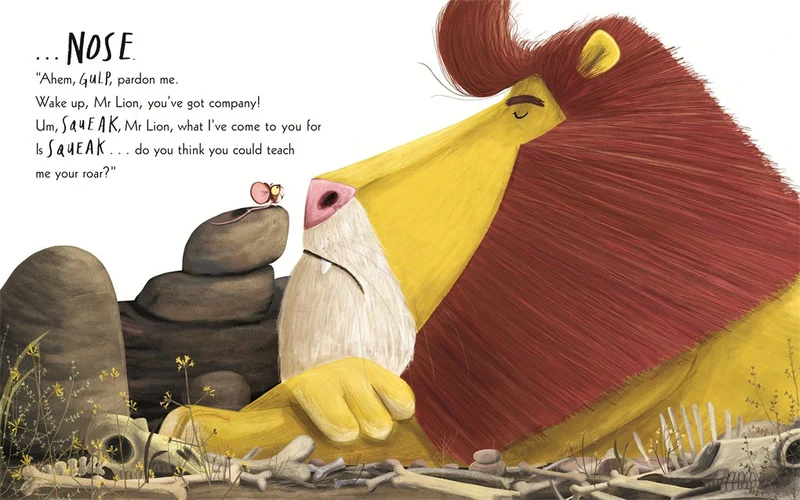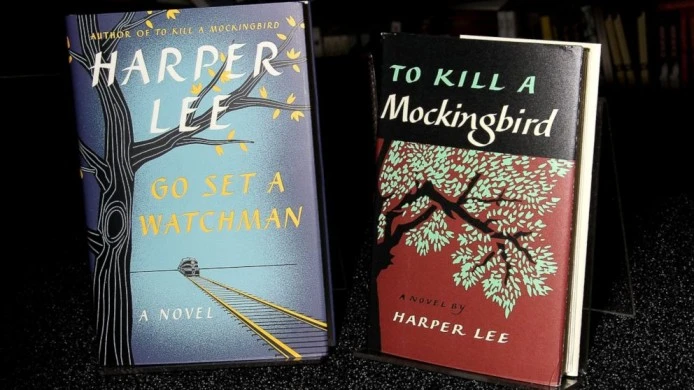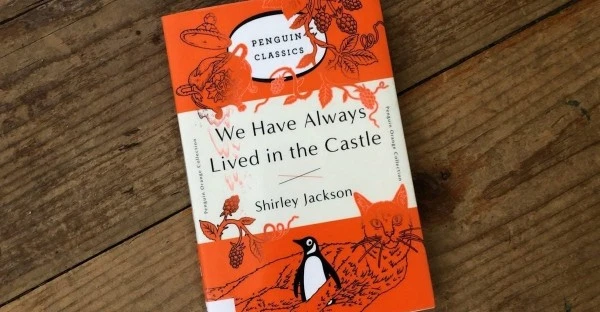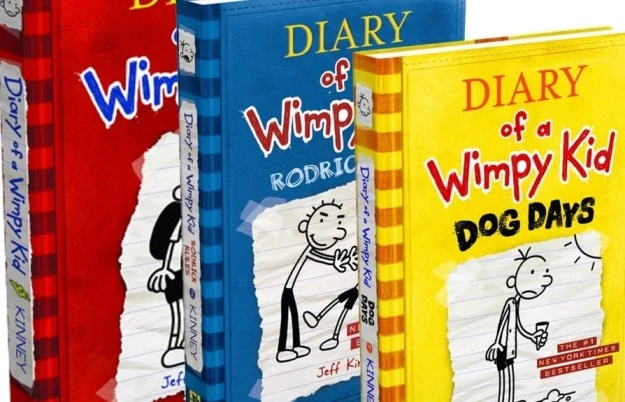Cant Sleep? Let Stephen King Keep You Company

One night in the first weeks of the coronavirus pandemic, I found myself jolted awake at 2 o’clock in the morning, shaking with adrenaline and dread. Avoiding the call of my Twitter feed, I dragged myself from bed and cast an eye over my to-be-read pile. But nothing seemed right for this moment of uncertainty verging on unreality. Even my old favorites now seemed to come from another world. They weren’t speaking to a mind-set recalibrated by the crisis.
Then my eye fell upon “If It Bleeds,” the new collection of novellas by Stephen King. I’ve always been a fan of King’s work, if a qualified one. A viewing of “Pet Sematary” at a middle-school sleepover got me hooked on the scenario he has perfected over decades of writing fiction: An ordinary person, through chance or weakness or plain bad luck, opens the wrong door and lets evil waltz in. “Carrie,” “Christine,” “Cujo,” “Firestarter” — those mass-market paperbacks, passed
around at summer camp, were the gateway to more sophisticated pleasures like “The Shining” or “The Dark Half,” disturbing meditations on the more perverse aspects of the creative life.
Soon, however, this newly discovered taste for horror led me to Henry James’s “The Turn of the Screw” and Shirley Jackson’s “The Haunting of Hill House,” two masterpieces of Gothic literary fiction that plunge more radically into the depths of the human psyche than anything by King, who tends to take refuge in gore when things start getting too serious.
Meanwhile, King kept turning out novels at a rate only the most committed fan could keep up with (the new volume lists him as the author of “more than 60 books”), often veering away from the works that made his reputation and detouring into time travel, parallel universes or hard-boiled crime. In an essay for The New Yorker, Joshua Rothman once argued that King is less a horror writer than a genre writer, full stop. “If there were a Stephen King Plot Generator somewhere out there on the web, it would work, most of the time, by mashing up ideas from all of what used to be called speculative fiction — including sci-fi, horror, fantasy, historical (and alternate-history) fiction, superhero comic books, post-apocalyptic tales, and so on — before dropping the results into small-town Maine,” Rothman wrote.
As a reader less attracted to some of those forms, I hadn’t picked up a Stephen King novel in years. And under normal circumstances, King is the last writer I’d reach for during an insomniac night. But these weren’t normal circumstances. I opened the book. The straightforward cadences of King’s voice, paired with his signature sit-down-and-let-me-tell-you-a-story style, were immediately soothing. And the stories he was telling — about the seductions and corruptions of technology, the extremes of beauty and depravity in even the most ordinary life, the workings of a universe we can never entirely understand — were somehow exactly what I wanted to read right now.
King has previously used the novella — that stepchild of literary forms, somehow at once both too much and not enough — for stories that skirt the edge of horror without sinking into it, such as “The Body,” the inspiration for the classic 1980s film “Stand by Me,” in which a group of boys on a camping trip are transformed less by their discovery of a corpse in the woods than by their first taste of autonomy. “Mr. Harrigan’s Phone,” the first story in the new collection, is a prime specimen in this category. It’s 2007, and Craig, on the cusp of adolescence, has a part-time job helping out wealthy, elderly Mr. Harrigan, a formal but kindly man who introduces him to “Lady Chatterley’s Lover” and treats him to a scratch-off lottery ticket for his birthday and holidays. When one of those tickets wins a $3,000 jackpot, Craig shows his appreciation by buying Mr. Harrigan a first-model iPhone, the same one he just got for Christmas.
Initially skeptical, Mr. Harrigan is speedily seduced, just like the rest of us. “Are these numbers in real time?” he asks in wonder as Craig demonstrates the Stocks app. (In a line that perfectly characterizes the attachment, King writes that he caresses the phone “the way you might pat a small sleeping animal.”) But even as he grows dependent on the device, he recognizes its dangers: “It’s like a broken water main, one spewing information instead of water.” At Mr. Harrigan’s funeral, only a few months later, Craig tucks the man’s phone into the pocket of his suit jacket, a totem to accompany him into the afterlife. The uncanny events that ensue could be explained — possibly — by a technological glitch. But they are triggered by a human longing that anyone who has lost a loved one can understand: the desire to hear the departed person’s voice again, one of the many dubious consolations that technology now offers.
No Stephen King Plot Generator could produce “The Life of Chuck,” unless experimental fiction were added to the potential genres. The story proceeds in reverse chronology through three discrete sections whose connections fully revealed themselves to me only on a second reading. The first is a dystopian vision of a world in which all systems are failing. California is “peeling away like old wallpaper” into the Pacific after a series of earthquakes, generating food shortages; plague is ravaging parts of the world; and perhaps worst of all, the internet is about to go down for good. (At least that hasn’t happened yet.) A schoolteacher named Marty, grimly coping with the new realities as best he can, is startled by the suddenly ubiquitous billboards and TV ads congratulating an accountant named Chuck Krantz for “39 Great Years!” What sort of retirement party is this?
We don’t find out right away. Instead, the second section takes us back a few years, when Chuck, attending a business convention in Boston, has one of those magical moments when all seems right with the world. He happens upon a busker playing drums on a street corner and spontaneously breaks into dance, showing off his skills before a growing crowd. Chuck grabs the hand of a woman watching and the two of them perform an impromptu routine that delights both the crowd and the busker, whose tip jar overflows. Later, he reflects on the mystery of that junction. “Why did you stop to listen, and why did you start to dance? He doesn’t know, and would answers make a good thing better?”
The final section is an unconventional haunted house story that reveals both the source of Chuck’s nimbleness on his feet and the meaning of what came earlier. Think of what each person’s brain contains, a beloved teacher told Chuck when he was a child. “Everything you see. Everything you know. The world. … Planes in the sky, manhole covers in the street. Every year you live, that world inside your head will get bigger and brighter, more detailed and complex.” And when a person dies, Chuck realizes, it’s as if that world goes dark: “Like a room when you turned out the light.” The human mind, at once infinite and finite, containing multitudes that can be snuffed out in a moment: It’s the definition of mortality.
“The Life of Chuck” is one of the oddest, most affecting stories I have read in a very long time. It’s a little disappointing, then, that the two remaining pieces in the volume feel more like retreads of conventional material. “If It Bleeds,” a nearly 200-page mash-up of horror and noir that any other writer would count as a stand-alone novel, follows the detective Holly Gibney, whom readers more faithful than I will recognize from several of King’s recent novels, in pursuit of an “outsider,” a supernatural creature that derives its strength from human agony. (In a shrewdly ironic sign of the times, this outsider has found a reliable source of emotional nourishment — he’s a TV reporter who covers mass shootings.) And “Rat,” in which a stymied novelist makes a deal with the Devil in the form of a rodent — or is it a fever dream? — is less audacious than King’s previous delvings into the nightmare of writer’s block.
But I wouldn’t begrudge any reader refuge in familiar pleasures, least of all now. We all need solace wherever we can find it. One friend of mine has gone back to “Love in the Time of Cholera.” Others, led by the writer Yiyun Li in an online reading group, have decided now is the time to finally tackle “War and Peace.” Some might think finding the right book should be the least of our worries during a pandemic, but how else are we to while away our restless nights? As sirens blare outside my Brooklyn window and the headlines grow more apocalyptic by the day, I might start working my way through King’s backlist. He’s good company in the dark.




